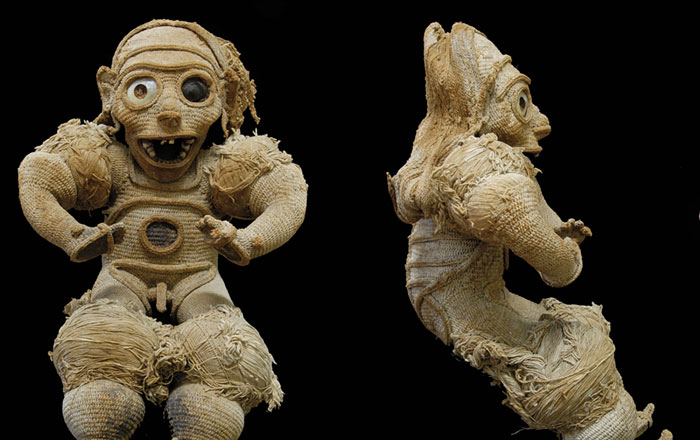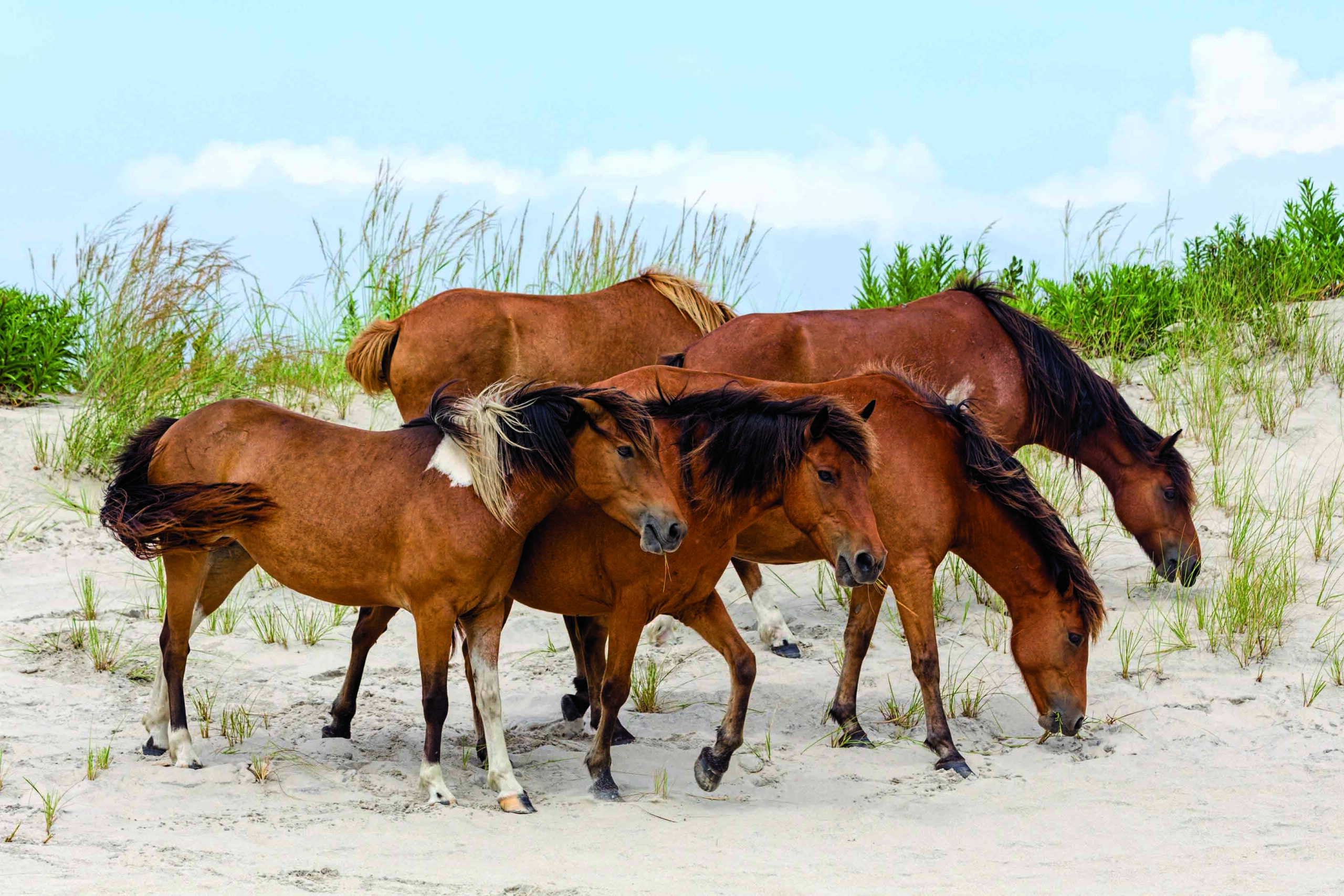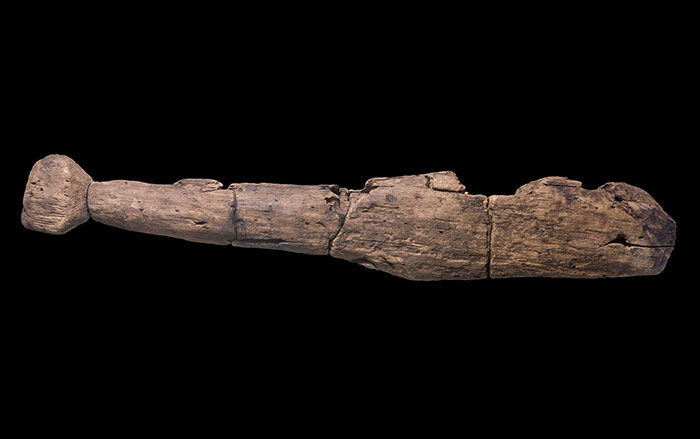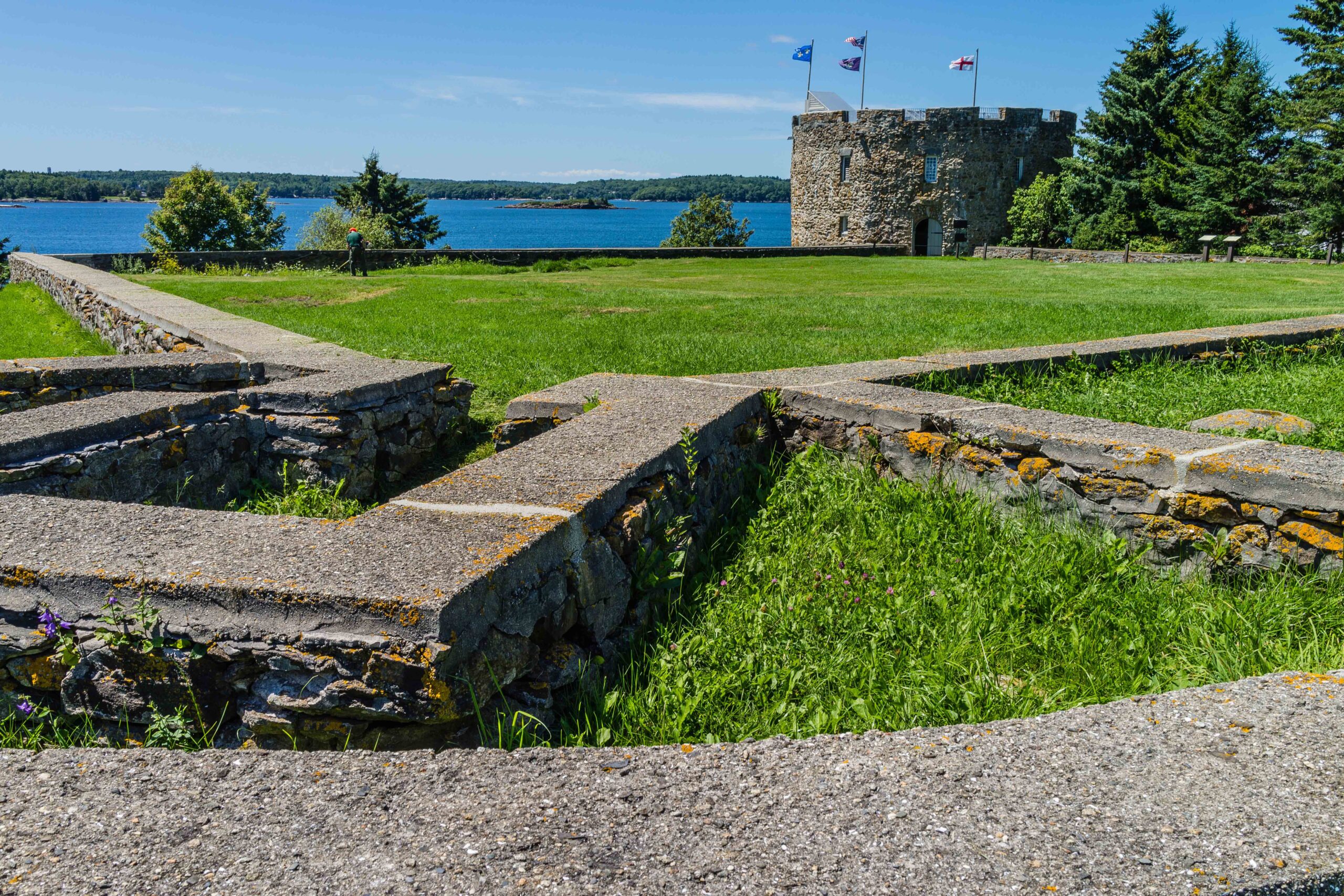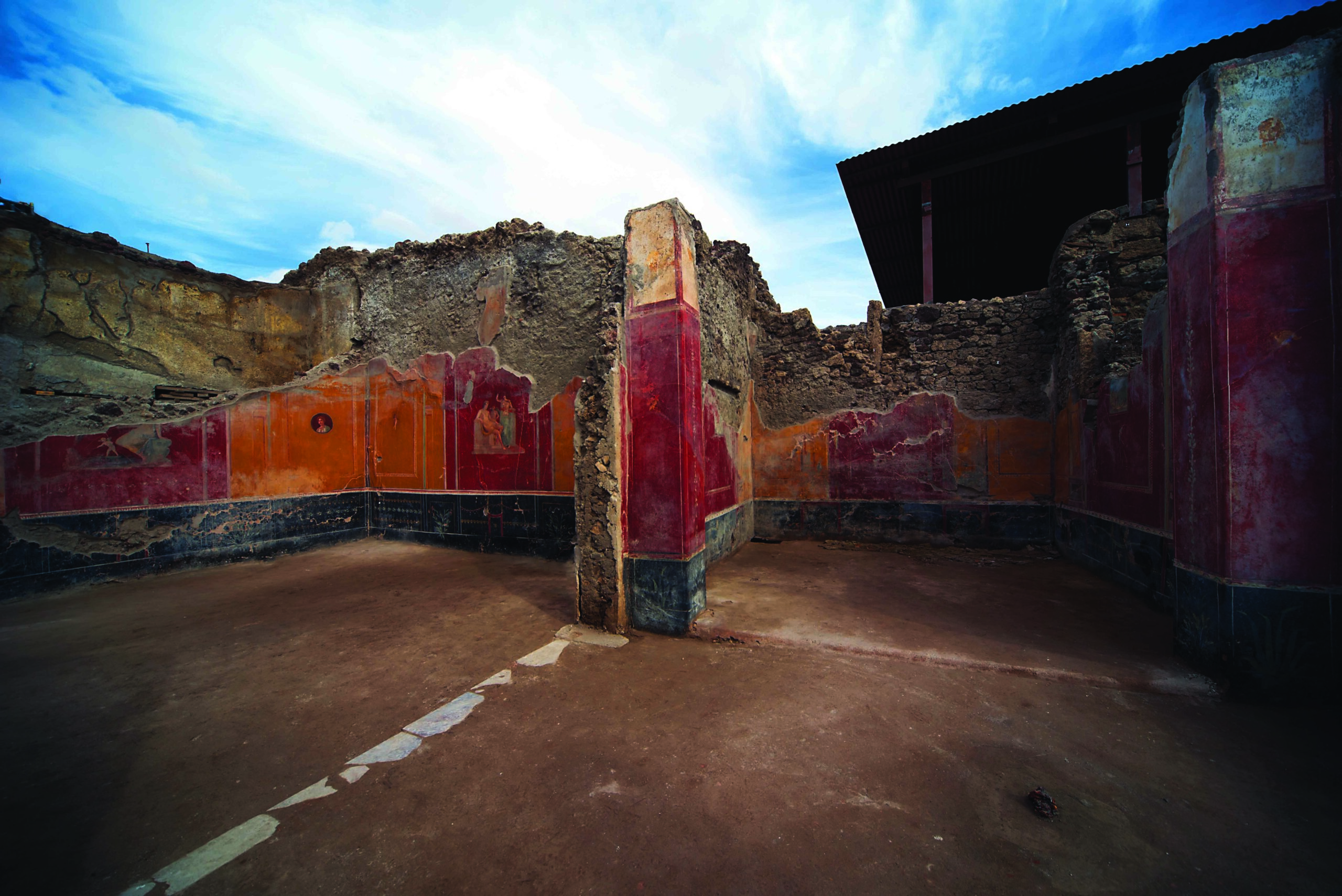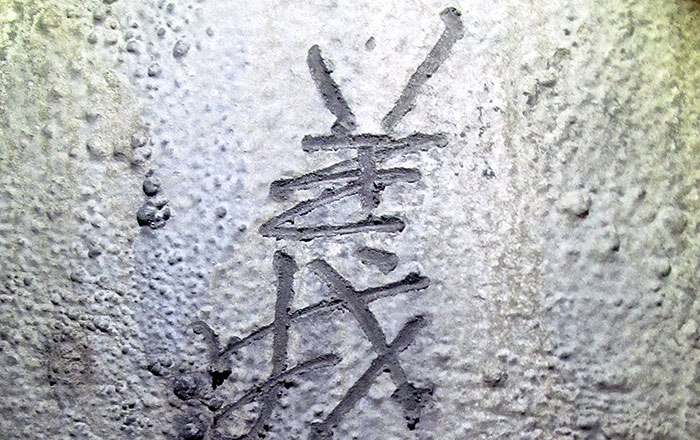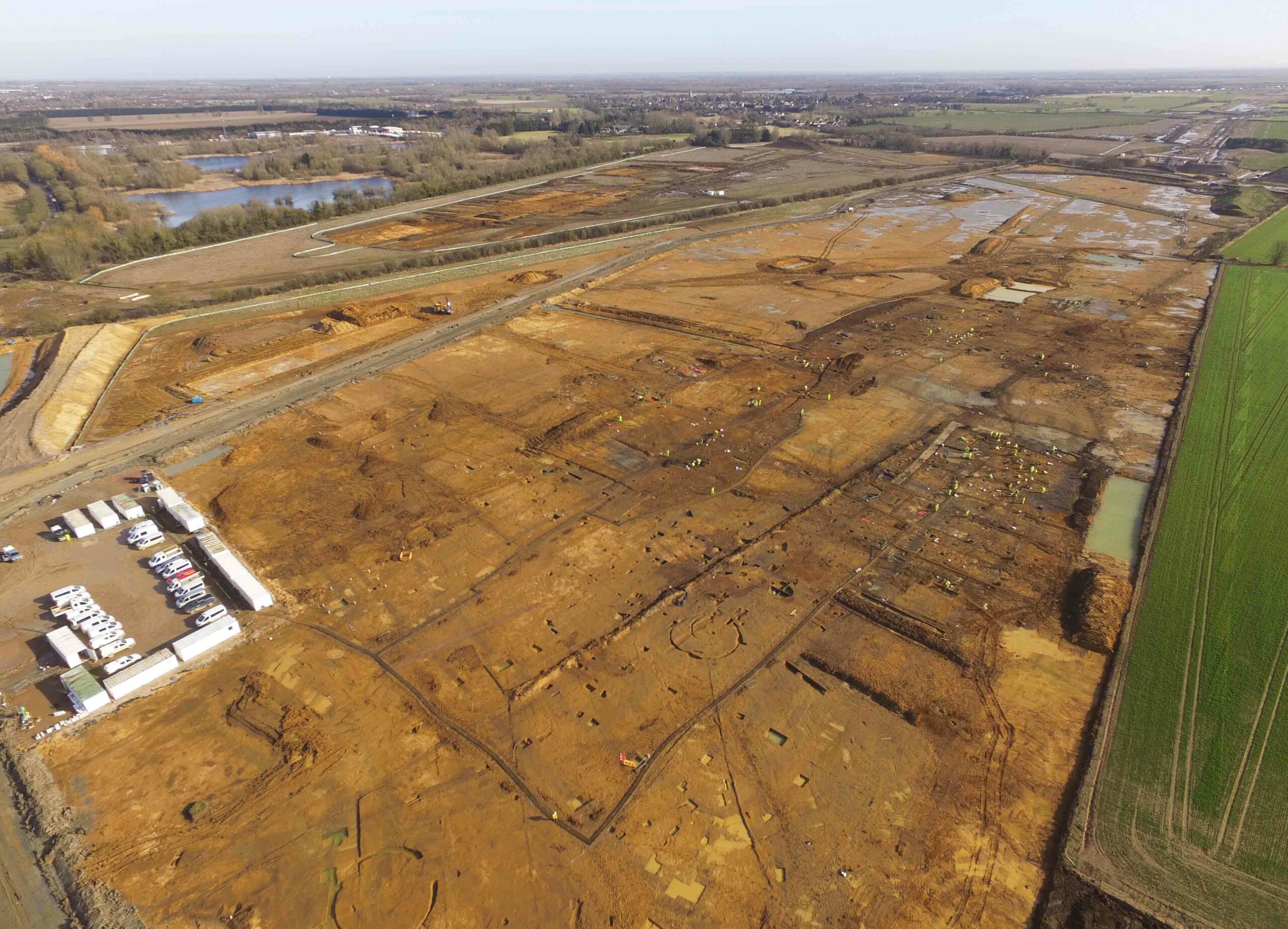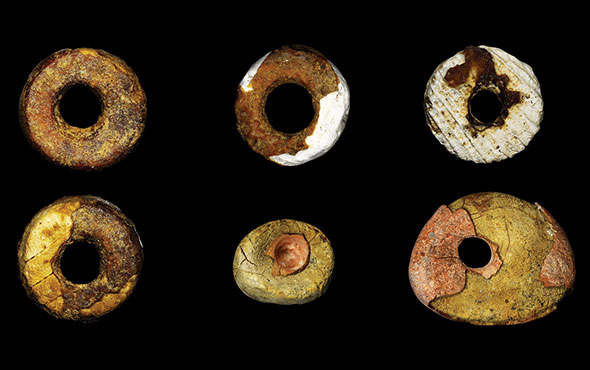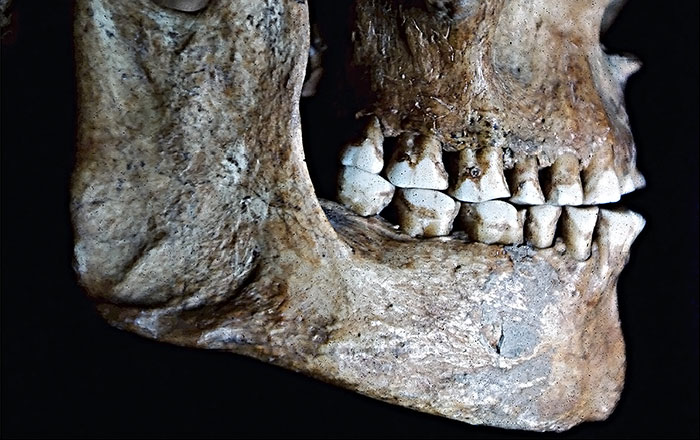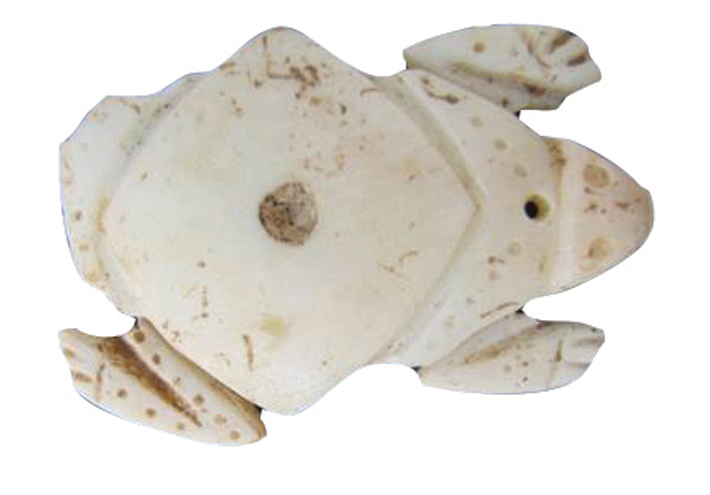
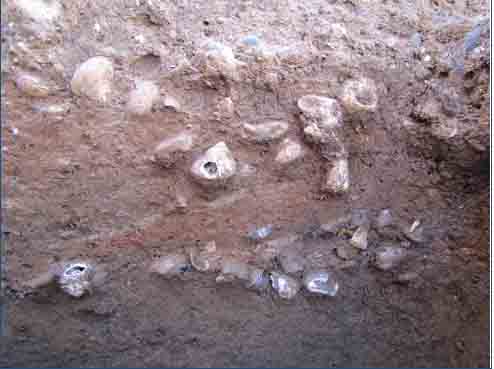
Around A.D. 400, archaeologists believe, children from the indigenous Caribbean Saladoid culture on the island of St. Thomas helped their mothers put food on the table by foraging. The researchers have found that a midden in downtown Charlotte Amalie contains thousands of mollusk shells, the majority of which are smaller snails that adults wouldn’t have bothered to collect because of their low meat yield. Rather, these smaller animals were gathered by Saladoid children, who scoured shallow areas along the shore. “Children made it possible to exploit a wider area more efficiently,” says archaeologist William Keegan of the Florida Museum of Natural History. They could fill a whole basket with small whelks, he explains, and still easily carry it back to their village.
Such aid was necessary because Saladoid communities were matrilocal, so men lived primarily in their mothers’ villages rather than with their wives and children. This made women responsible for providing most of the food for their families, says Keegan. They would supplement produce from their gardens with shellfish, collected in part by the helping hands of their children.


